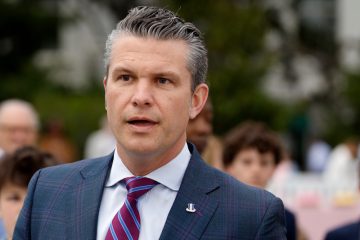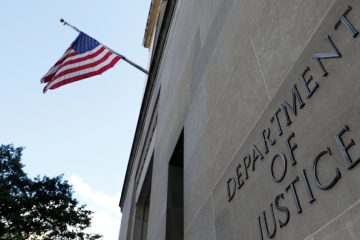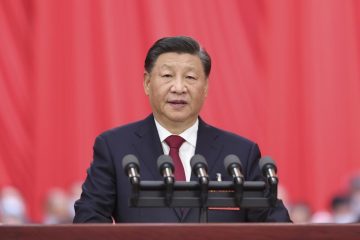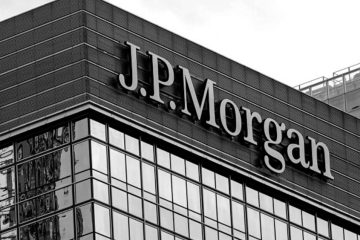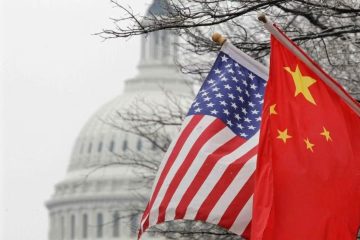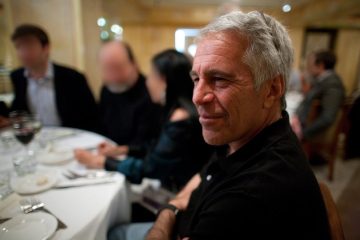Jamie Dimon Warns Tariffs Could Fuel Inflation and Undermine U.S. Growth
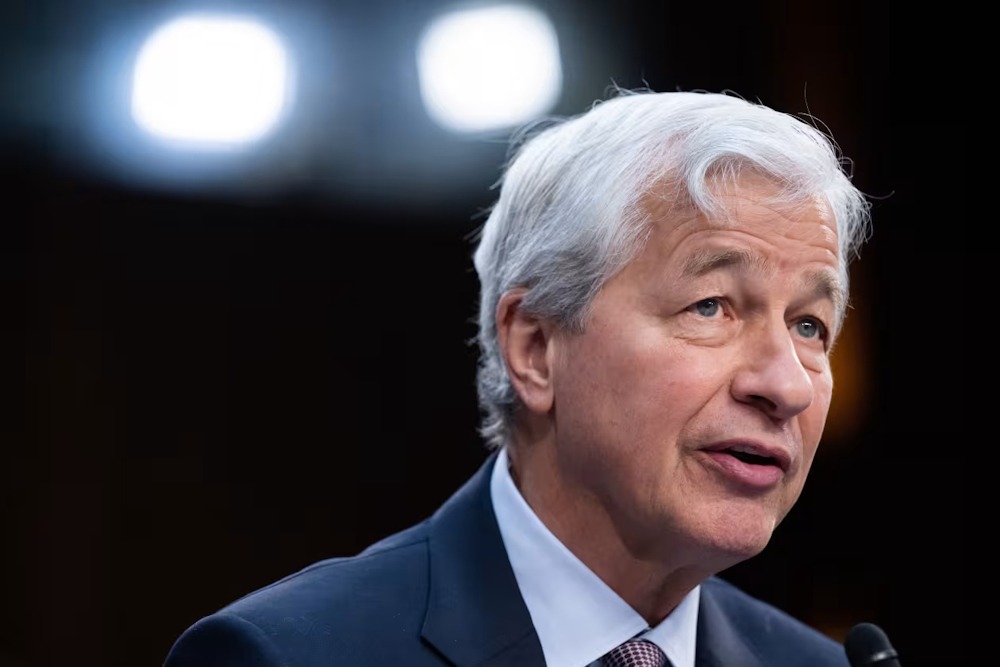
JPMorgan Chase Chief Executive Jamie Dimon has issued a pointed warning on the potential economic fallout from rising protectionist trade measures, stating that the current U.S. tariff strategy risks stoking inflation while simultaneously undermining long-term growth prospects.
In his widely anticipated annual letter to shareholders, Dimon emphasized that while strategic trade realignments may carry benefits over the long term, the short- to medium-term implications of broad-based tariffs could be destabilizing for the U.S. economy. He argued that rising input costs and potential retaliatory actions from global trading partners could contribute to a feedback loop of higher consumer prices, dampened business sentiment, and disrupted global supply chains.
“The quicker this issue is resolved, the better because some of the negative effects increase cumulatively over time and would be hard to reverse,” Dimon noted in his letter, reflecting on the lagging consequences of policy shifts that reverberate across both corporate and consumer ecosystems.
Dimon, who leads the largest U.S. bank by assets, cautioned that the current trajectory of trade policy risks reversing decades of global economic integration, which had delivered lower costs and expanded markets for American companies. He expressed particular concern about the inflationary pressures tariffs may generate by raising the prices of imported goods — effects that could feed into core inflation and complicate the Federal Reserve’s interest rate policy going forward.
He further underscored that even the mere anticipation of retaliatory measures by other countries could lead to uncertainty in corporate planning, investment decisions, and hiring intentions. This, he suggested, could ultimately depress capital expenditure and widen the gap between near-term economic performance and potential output.
Dimon’s letter arrives at a time of increasing economic crosscurrents. While headline growth data has remained resilient, several leading indicators, including manufacturing output, credit demand, and consumer confidence, have shown signs of moderation. Against this backdrop, the JPMorgan CEO’s warning adds weight to a growing chorus of concerns from business leaders and economists that the current protectionist stance could tip the balance toward slower growth.
He acknowledged that advocating for better trade terms with nations such as China is a valid pursuit, particularly where issues of intellectual property, subsidies, and market access are concerned. However, he urged that such negotiations be conducted in a manner that minimizes collateral economic damage.
“Global trade and integrated supply chains have been critical to the world’s prosperity and to lifting billions out of poverty,” Dimon wrote, reiterating his long-standing support for open markets. “While we should certainly address unfair practices, broad and blunt instruments such as tariffs should be used with extreme caution.”
Dimon also drew attention to the broader macroeconomic environment, where rising interest rates, persistent inflation, and geopolitical uncertainty have already injected volatility into capital markets. He suggested that the layering of tariff-related disruptions onto an already complex economic backdrop could further cloud visibility for companies and policy makers alike.
His remarks are likely to carry weight in Washington and on Wall Street. Dimon is one of the most influential voices in American finance, and his annual letter is often read closely by investors, regulators, and policymakers. This year’s edition offers a cautionary tale about the risks of aggressive economic nationalism at a moment when the global economy remains vulnerable to external shocks.
In closing, Dimon called for “pragmatic and constructive engagement with global partners,” stating that while the U.S. should not shy away from defending its interests, the approach must be rooted in long-term economic stewardship rather than short-term political gain.
With financial markets remaining sensitive to policy uncertainty and global supply chains still in recovery from pandemic-era disruptions, Dimon’s warning underscores a critical challenge for the U.S. economy: navigating trade conflicts without sacrificing inflation control, investment momentum, or broader economic stability.


